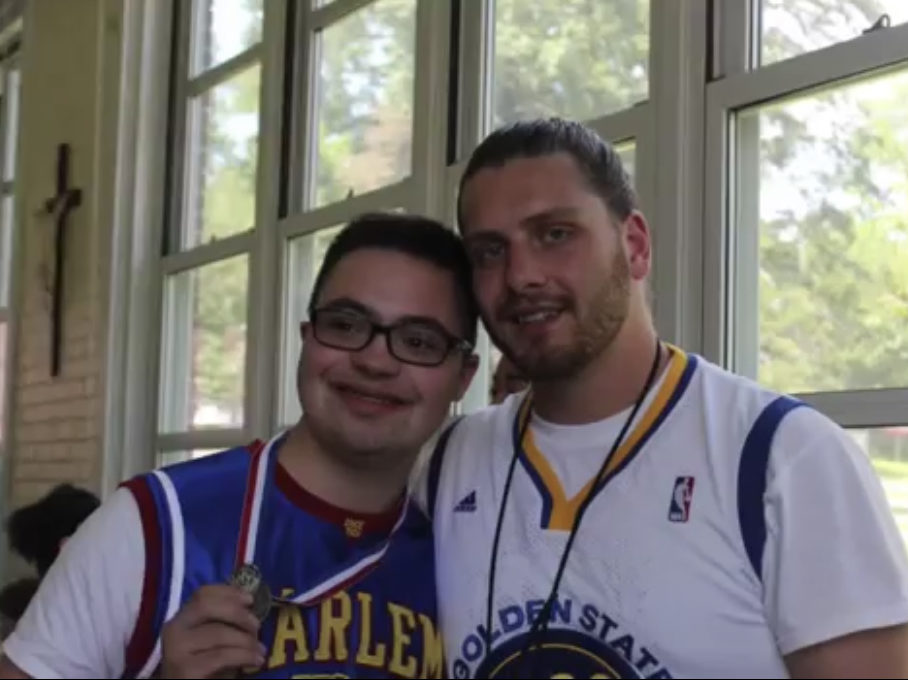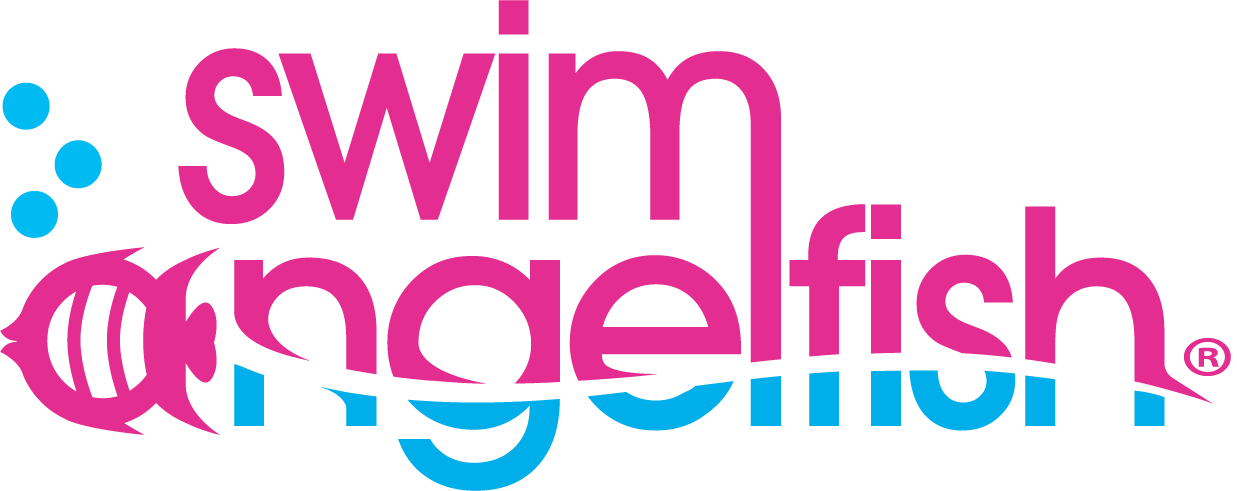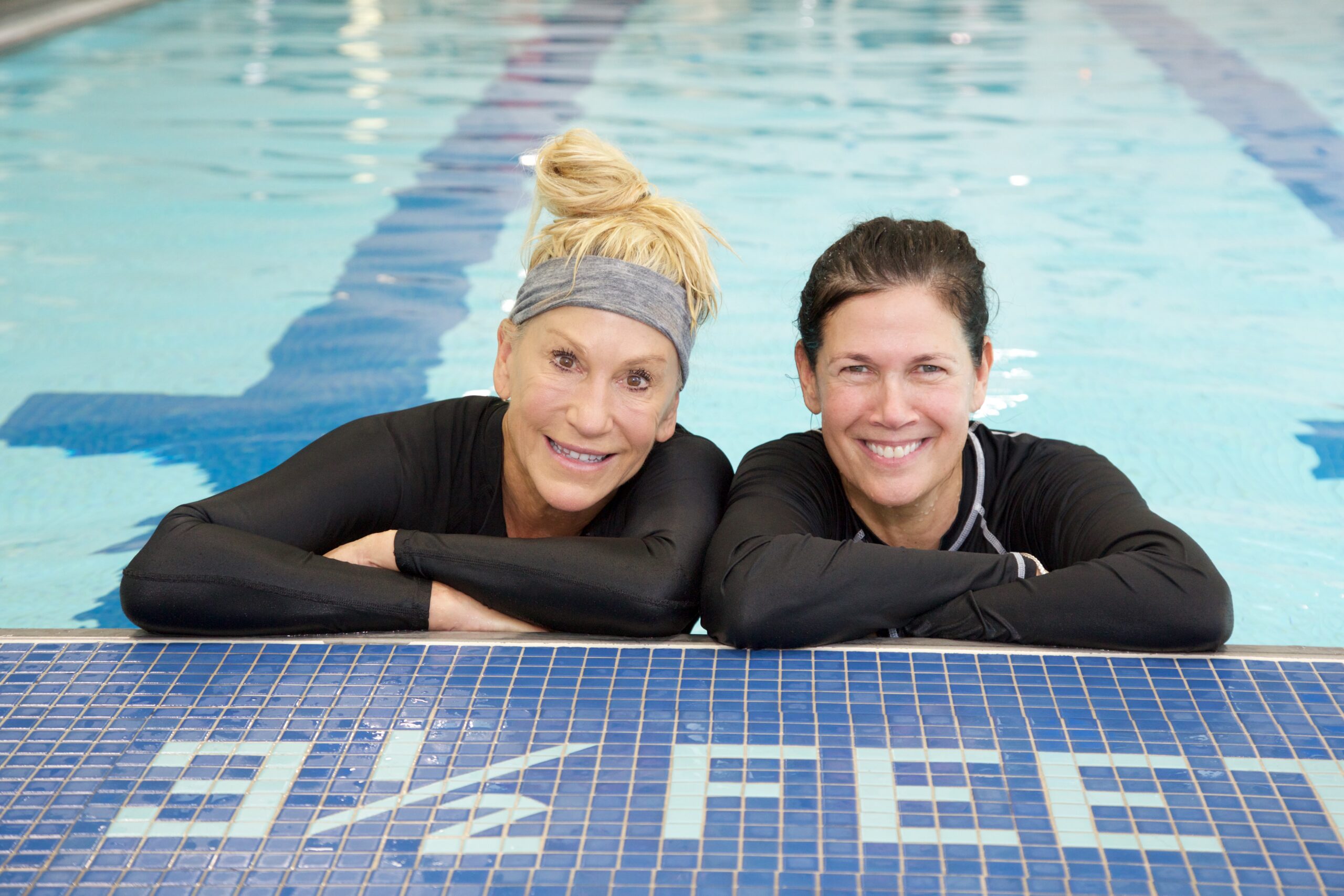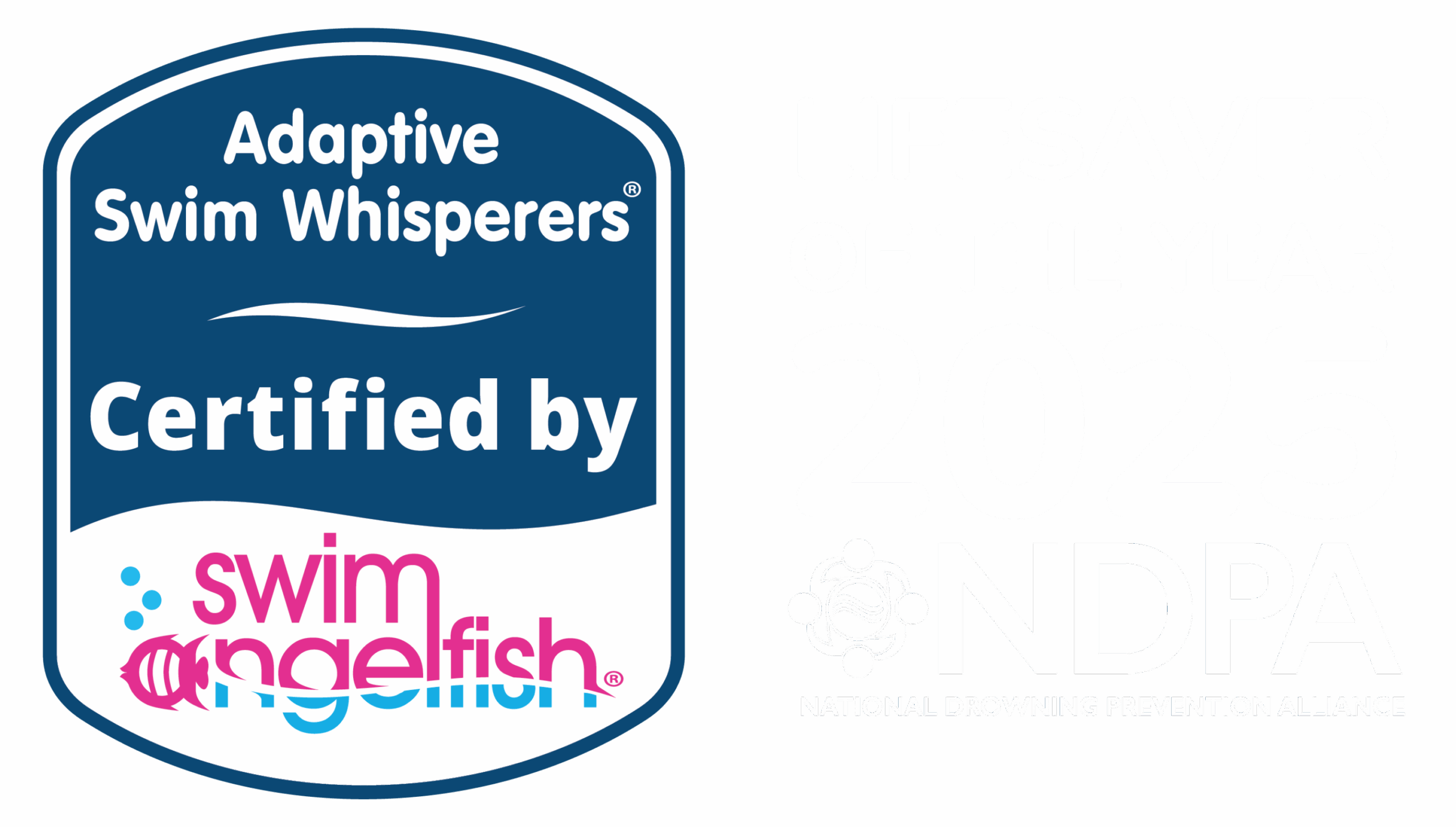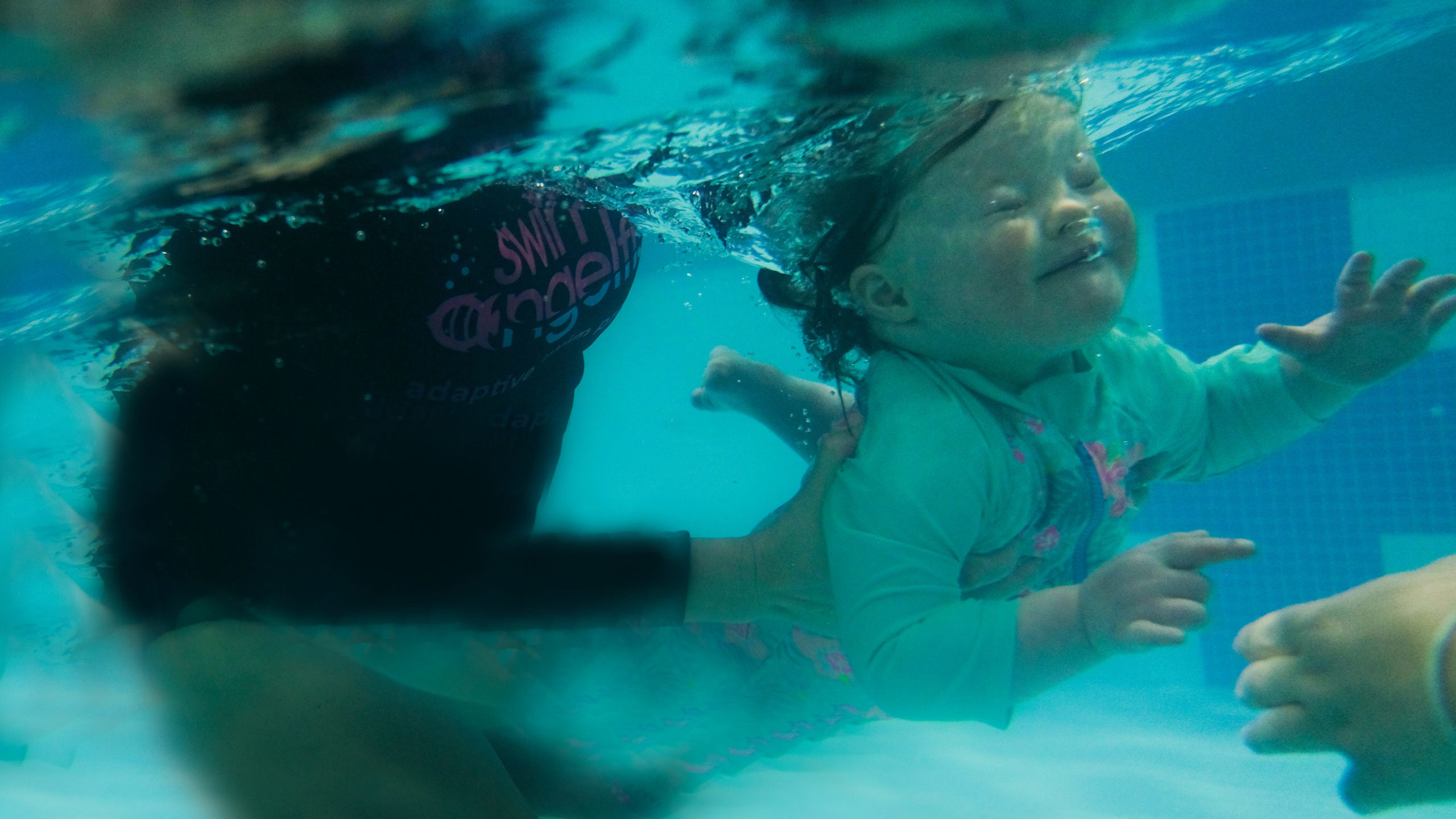
Swimmers of all types benefit from the pool, but individuals with Down Syndrome often find the pool to be a special place of inclusion, fitness, and social experiences.
In this blog, we discuss some general characteristics of Down Syndrome and how they pertain to the water and then take a deep dive into two types of sensory profiles. Both of these sensory profiles are seen with this group of swimmers. Try these tips, tricks, and strategies during your next swim lesson or water experience. If you are an aquatic professional, parent, or swim school owner, this article will provide lots of useful information.
General Characteristics
Individuals with Down Syndrome are a diverse group, with varied skills and abilities. These swimmers are loving, social, and enjoy being in the water. Some of them can be a bit rigid, and resistant to new activities, and easily overwhelmed when activities are too hard. These individuals have low muscle tone, meaning their strength can be weak, their muscles can have a squishy feel and be less dense making them very buoyant in the water. Due to their core weakness, they have increased strain and overuse of their rectus abdominal muscle, which helps you do a straight sit up. Since this muscle is overused it may have a small split in it, (called a diastasis). This makes it very important to work on trunk rotation activities for oblique muscle strength, which helps improve this condition. They may posture with an increased arch in their lower back, and a slightly distended stomach, and may tend to lock their joints for stability.
Sensory Profiles and Swim Tips
People who crave a lot of sensory input are called sensory seekers while those who try not to engage in big sensory experiences are called sensory avoiders. The pool and swimming are sensory experiences unlike anything else. From the increased volume of a pool to the deep pressure of the water, swimming is a very unique sensory experience.
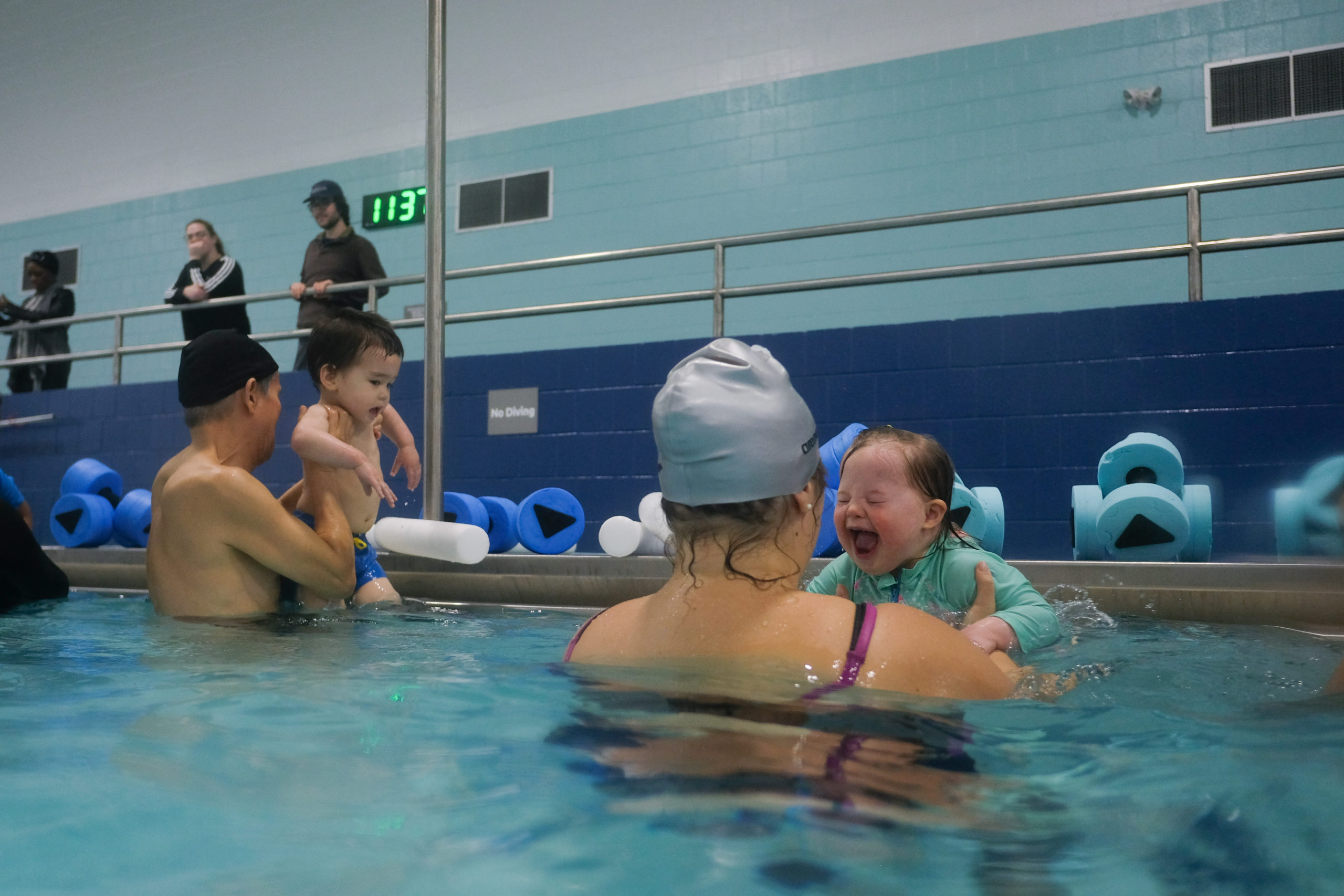
Traits and Tips for Sensory Seekers
Traits and Tips for Sensory Avoiders
Tips, Tricks, and Strategies for Both Sensory Profiles
We have had the pleasure of getting to know so many swimmers with Down Syndrome across the lifespan. We have had many swimmers start in our “Jumpstart mom and me” class, for ages 1-3, to empower the parents on therapeutic activities they can be doing in the water with their child, which carries over into their land-based goals, as well as gets them comfortable with basic swim skills. This class is a great way to prepare a young child for private lessons since they first can get comfortable with their Mom or Dad. We even have our older swimmers with Down Syndrome come back to volunteer for this program and help motivate and engage the younger swimmers in the class.
We offer a variety of swim groups focusing on fitness, socialization, and a swim team. At one point we even ran a summer camp and gave one of our older swimmers with Down Syndrome an opportunity to work as an assistant counselor at the camp. He felt such a sense of belonging and was so proud to be a part of our staff. Not only did his co-workers grow from the experience of working alongside him, the campers and families were incredibly inspired and motivated by him.
Independence and a love of swimming is an important skill to impart on these swimmers for so many reasons. It is a great source of health, fitness, and overall wellbeing as they get older. It is a wonderful opportunity for independent recreation, leisure, and socialization, especially when they join teams, and get to compete in events like the Special Olympics. At Swim Angelfish we have created a community of inclusion and acceptance by increasing the programs we offer to meet the growing needs of these amazing swimmers! If you would like to become a Swim Whisperer® and are interested in bringing this program to your community check out our Certification program.
